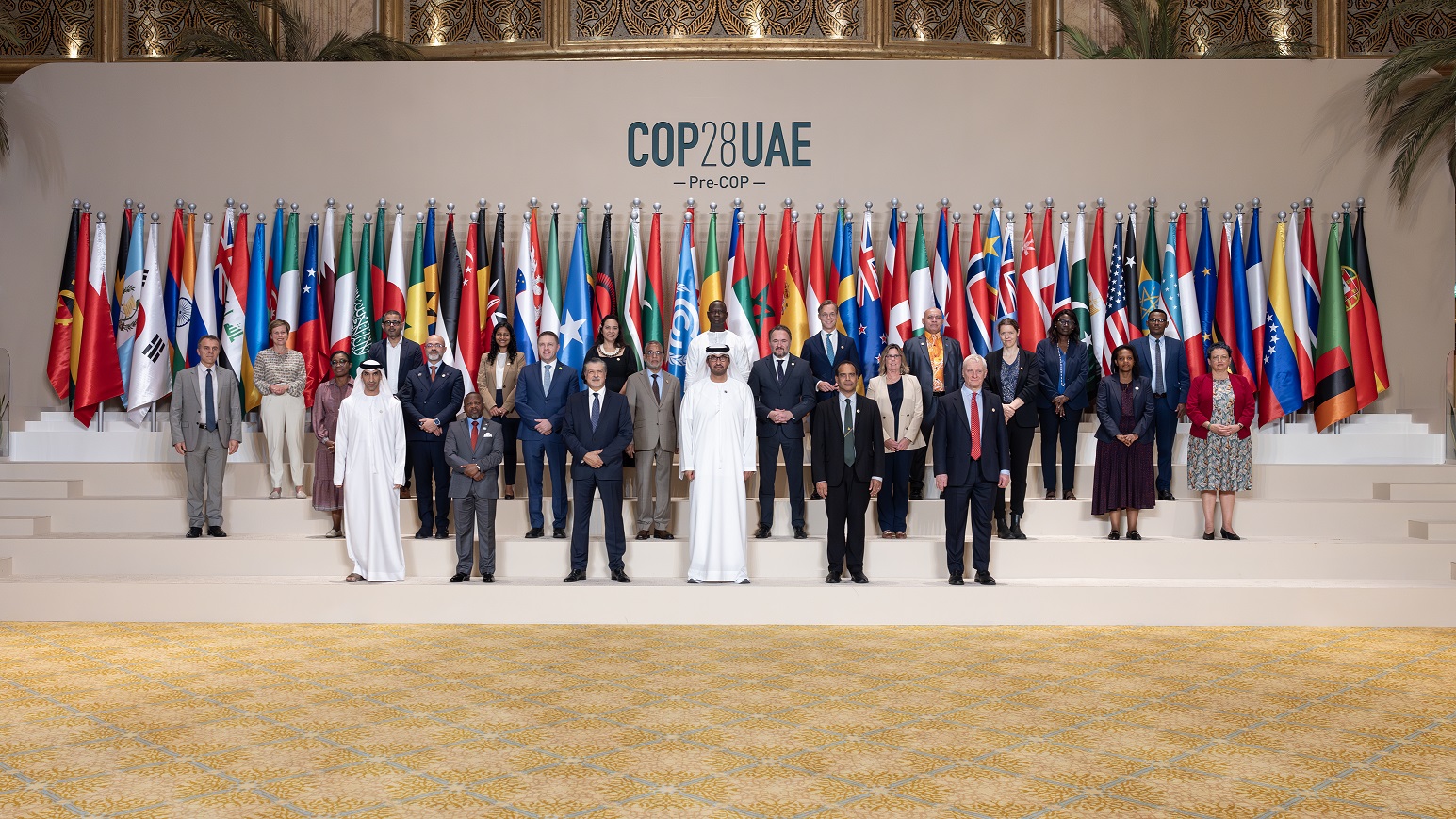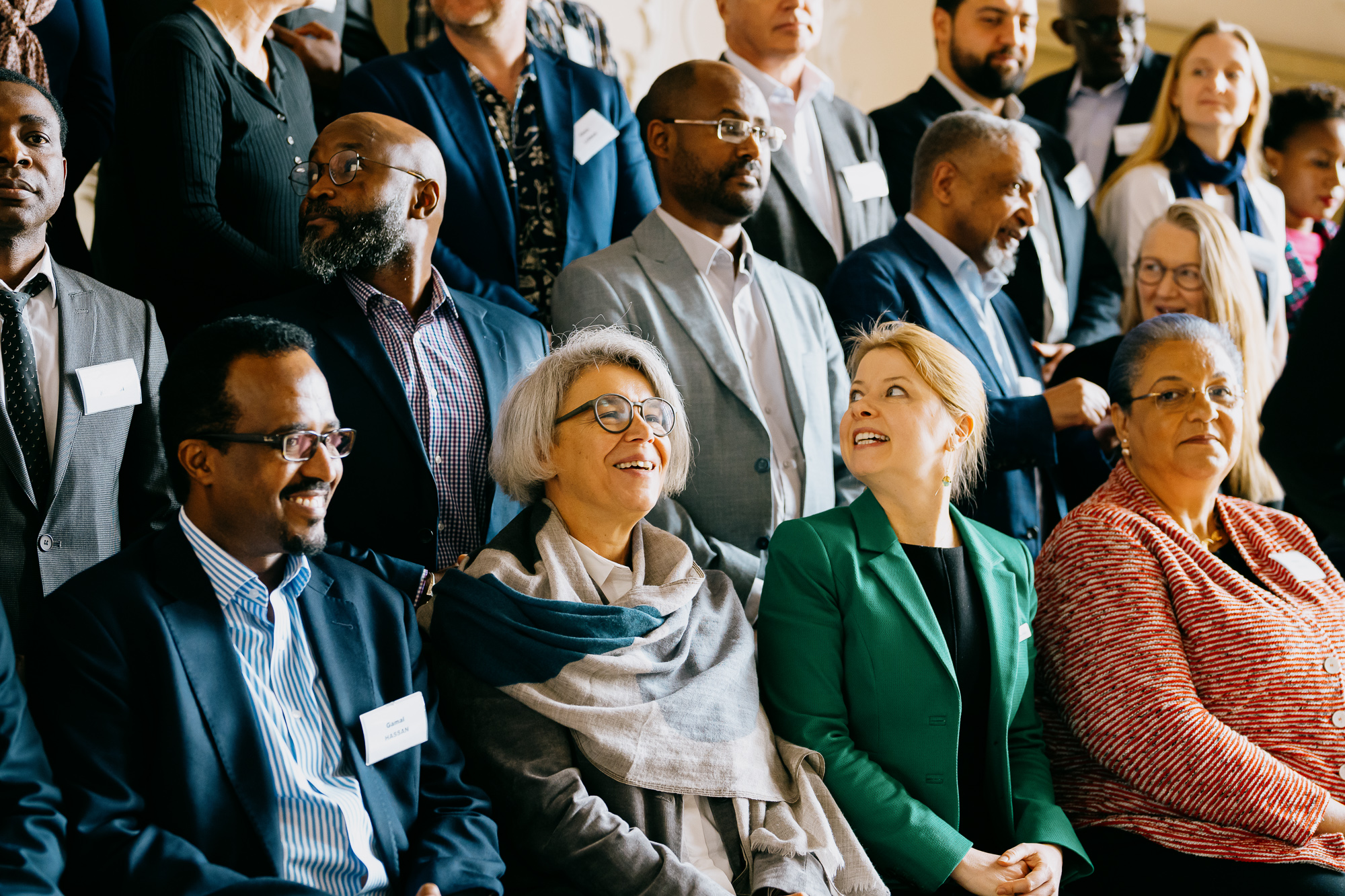As the planet heats up, storms, droughts and floods are intensifying across Africa and Asia. As polar ice melts, the rising seas threaten coastal regions. And as glaciers retreat in the Himalayas, billions of people in Asia face the prospect of seeing their great rivers dwindle. These changes are caused mainly by emissions from fossil fuels. Day by day, the transition from oil, coal and gas to solar, wind and hydropower becomes more urgent.
Fortunately, renewables are now the cheapest energy source, and their price is still falling. Local renewables are also the best solution for more than a billion people who currently have little or no access to electricity. And for everyone, the shift to clean energy also means a shift to cleaner air.
Meanwhile, to produce enough clean energy to power our cities, cars and factories, we need large-scale smart grids which can connect everyone to the best locations for solar, wind, geothermal and hydropower. By trading clean energy across borders, we can ensure a reliable supply of cheap energy for all. Like most regional organisations around the world, the African Union, ASEAN, the East African Community, ECOWAS, SAARC and SADC have all agreed that more long-distance transmission lines are needed to trade renewable energy. But progress is too slow.
In addition to the falling price of large scale renewables, we are rapidly approaching the point where village minigrids powered by solar panels and batteries can compete on price with charcoal, firewood or LPG. If we include the health costs of indoor smoke, which kills more than a million people every year, solar is already cheaper. By shifting cooking to clean electricity, and thus increasing demand for solar power, we can make solar minigrids more attractive to private investors.
This parliamentary roundtable meeting, organised by the Climate Parliament and Wilton Park, will focus on two key parts of the global energy transition. On the local level, we will examine the potential for clean cooking with electricity from solar minigrids. On the international level, we will discuss cross-border transmission corridors for trading renewable energy within different regions of Africa and Asia. On both these challenges, Members of Parliament have a crucial role to play in moving governments from talk to action.












